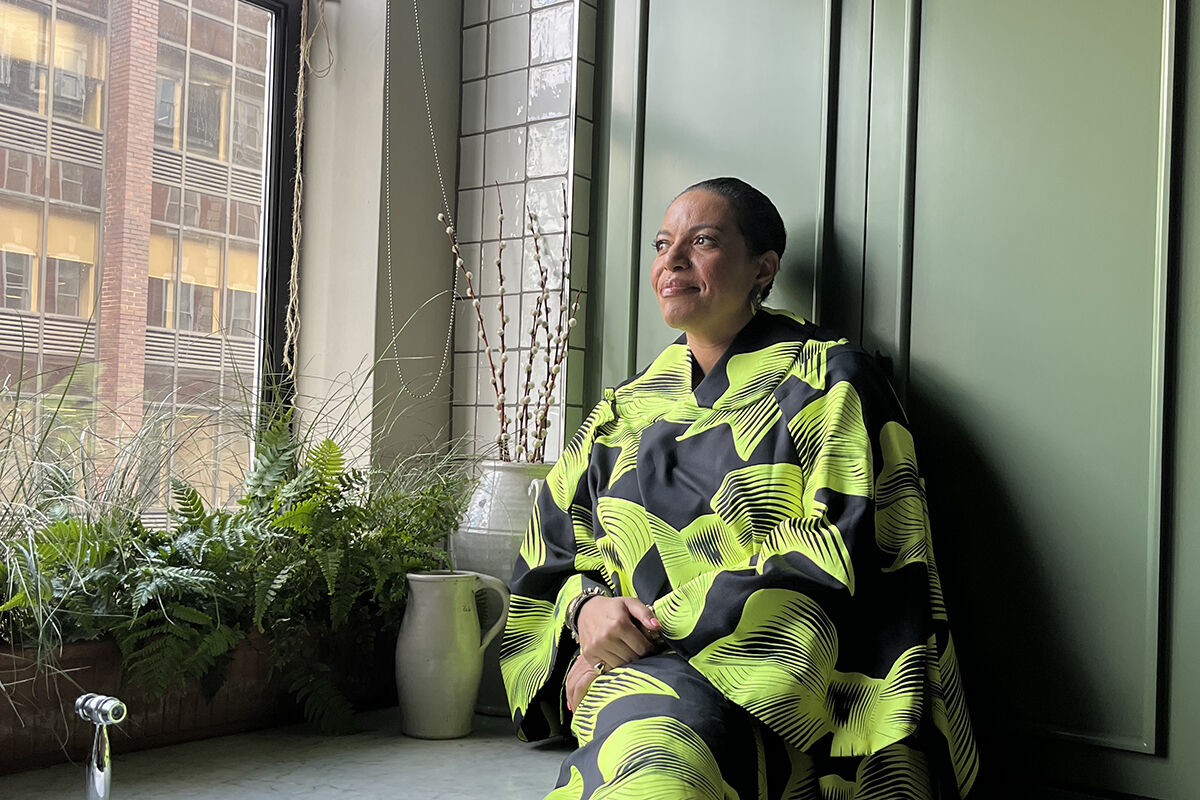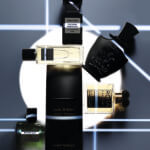
Feature
When Ajai, a 39-year-old accountant from London put on his raspberry velvet bow tie and groomed his enormous moustache for an episode of First Dates the popular matchmaking programme on Channel 4, he really hoped to find love. He had proposed three times before but had never made it down the aisle and beneath his humour there was a deep longing to find someone wonderful. Hema was his date, a petite 32-year-old photo-retoucher who had been single for 5 years but who dreamed of getting married. Sparks flew with Ajai merrily asking at the end of the show “Is Argos still open? Can I get a ring?!” They didn’t go to Argos that night but they did eventually get married and for their beautifully designed rings they went to Pravin Pattni, the charismatic owner of Minar Jewellers in Tooting who proudly has a framed photo of them on his wall.
Pattni was born in a small town in Kenya. When he was 19, his beloved father died of a sudden heart attack and he took over the family jewellery business. After Kenya achieved independence, he decided to move to London and opened his first shop in Streatham in 1978. Very few jewellers were selling 22k gold then and he was a hit, evolving over the years into designs of his own creation using white gold peppered with black and white diamonds. ”Honesty (in this industry) is still the key,” he says thoughtfully when I drop in for a home-cooked lunch of Pawa Bateta or spicy puffed rice. “In those days there was nothing written.”
Pravin Pattni is important because he represents approximately 90% of jewellery retailers as an independent family-owned high street business, selling overwhelmingly via recommendations to couples like Ajai and Hema. He is a long-time member of the Responsible Jewellery Council (RJC) and he is a wise presence on the board with strong views on child labour and ethical business practises. When he joined the RJC in 2016, he visited many of his suppliers and manufacturers and those who were not in line with his principled views and the RJC Code of Practises had to go. This domino effect, where new members compel their entire supply chain to re-evaluate their business practises by setting infrastructure in place within an industry which has traditionally existed on a handshake is what makes the RJC so special. “Retailers like us are on the front lines. The consumer asks us questions and we ask our suppliers. If our suppliers are not members, then they start to think about it.” He says.
When I joined the RJC as Executive Director in January this year, it was still recovering from its first major crisis, triggered by the war in Ukraine. The Articles of Association had not been designed to withstand a war in Europe and as such the company was legally unprepared for the suspension of Alrosa, a group of mining companies partly owned by the Russian government. The fall out saw my predecessor leave along with several members and so part of my mission is to heal us and move us forward. We strive to be the recognised standards and certification body globally for watches and jewellery which is a monumental undertaking.
We have a mostly young, female team who put their heart and soul into ensuring that we as an industry can do better and it’s a privilege to be part of it all. Our first major project since my arrival comes alive on 23rd June 23 when the RJC collaborates with Gemological Institute of America (GIA) and Harvard University for a 1-day summit at Harvard on the future of the business, technology and art of responsible jewellery. I want to get decision makers into one room and work out how we can move forward as a collective entity for global change. Ajai and Hema need us to represent their love with integrity and purpose and if ever there was a mission worth fighting for, it’s this one.
Written by Melanie Grant for Vanity Fair on Jewellery July / August 2023.







